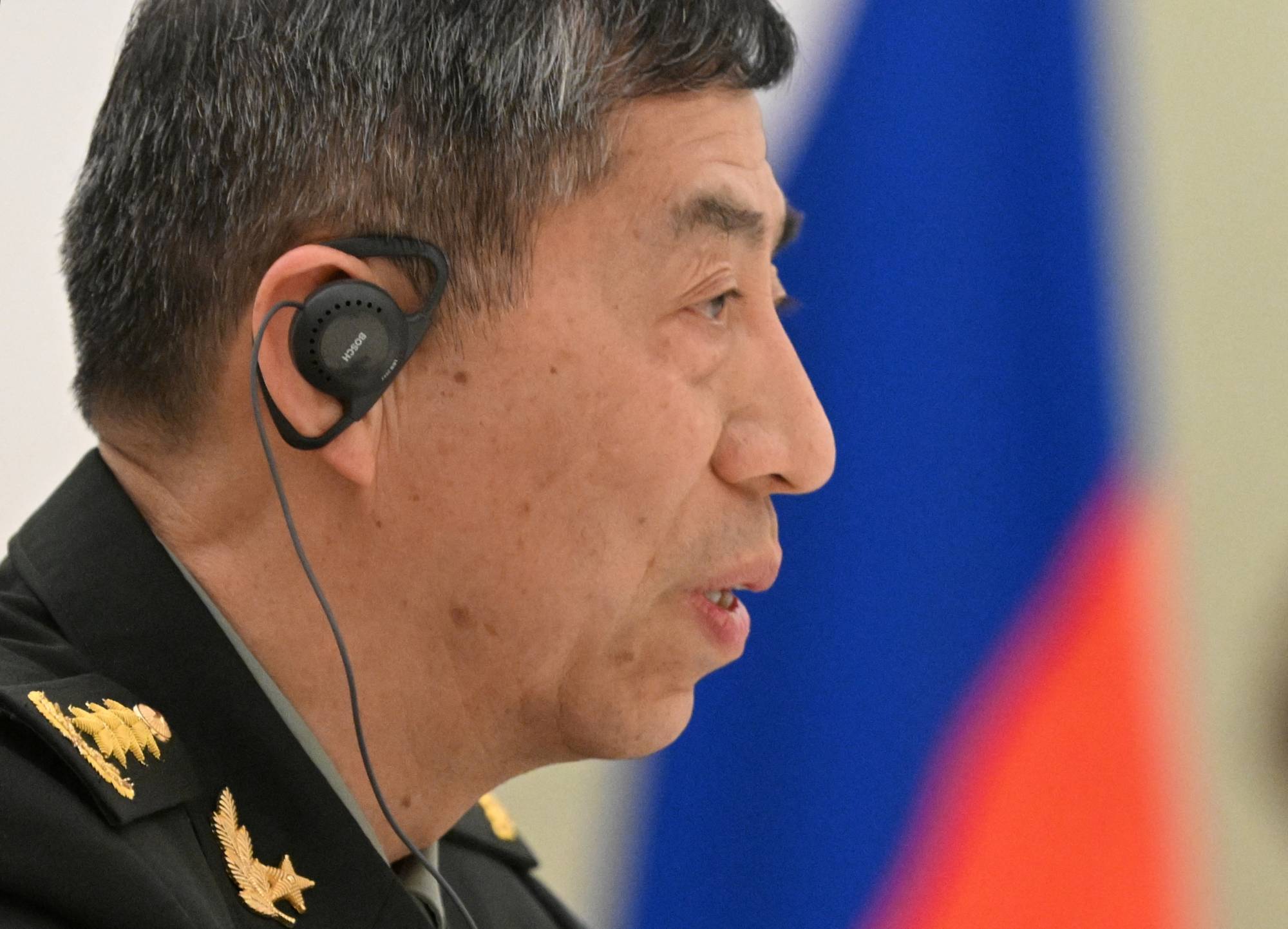The U.S. State Department has said Washington is not considering lifting sanctions on Chinese Defense Minister Li Shangfu, walking back remarks made by President Joe Biden after a Group of Seven leaders’ summit in Hiroshima that such a move was “under discussion.”
State Department spokesperson Matthew Miller told reporters Monday that the U.S. was not entertaining the idea of whether or not to lift sanctions for negotiation purposes, a move some view as critical to facilitate talks between him and U.S. Defense Secretary Lloyd Austin.
The sanctions on Li, imposed in 2018 for assisting in China’s procurement of Russian-made Su-35 aircraft and S-400 air-defense systems, mean that in-person talks between Li and Austin might not to take place on the sidelines of the IISS Shangri-La Dialogue — a regional security summit in Singapore – taking place early next month.


















With your current subscription plan you can comment on stories. However, before writing your first comment, please create a display name in the Profile section of your subscriber account page.